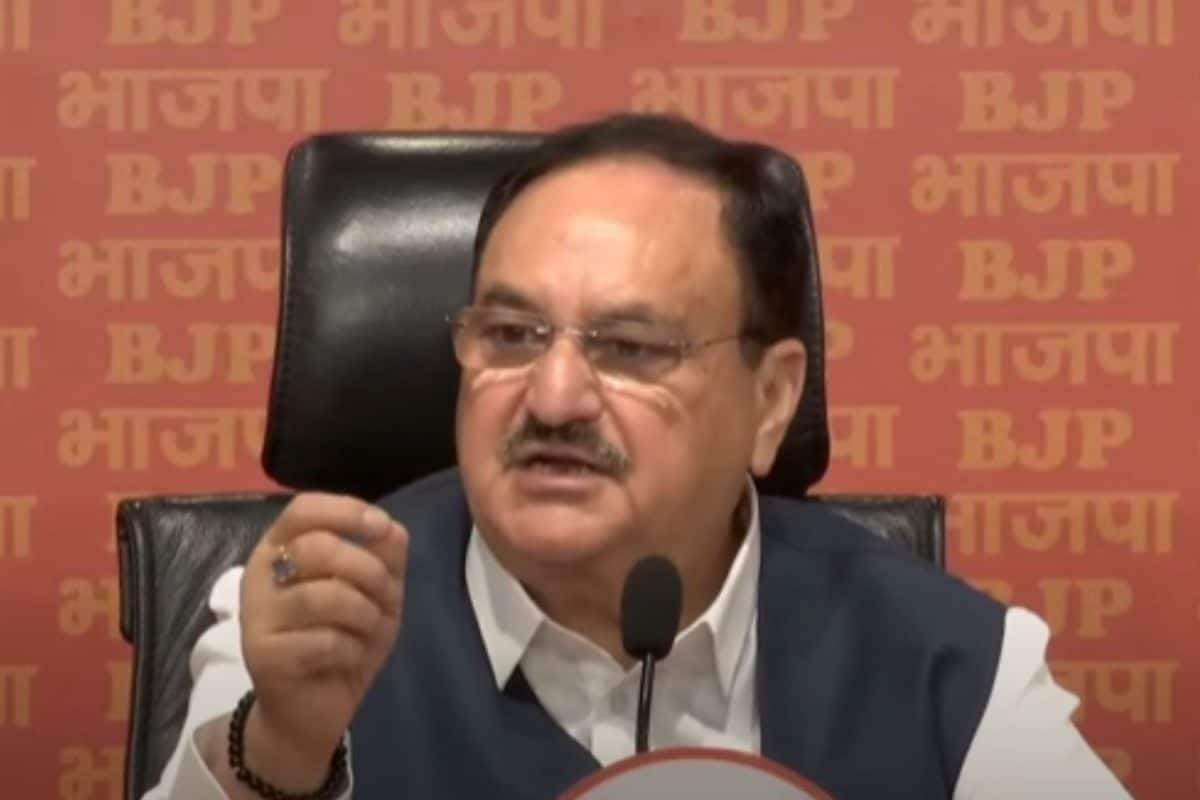

Marking the 11th anniversary of the Narendra Modi government, BJP National President JP Nadda lauded the administration's "bold decisions" and transformative impact on India. Nadda highlighted key achievements, particularly the abrogation of Article 370 and the abolition of Triple Talaq, as cornerstones of the Modi government's commitment to progress and social justice.
The abrogation of Article 370 in August 2019, which granted special status to Jammu and Kashmir, was described by Nadda as a watershed moment in Indian history. This decision, a long-held promise of the Bharatiya Janata Party (BJP), aimed to fully integrate Jammu and Kashmir into the Indian Union. The government argued that Article 370 had hindered the region's development and fueled separatist sentiments, promoting terrorism and corruption. Prime Minister Modi himself stated that Articles 370 and 35(A) had offered nothing but "secessionism, terrorism, nepotism and widespread corruption" to Jammu and Kashmir. Following the abrogation, the erstwhile state was divided into two Union Territories: Jammu and Kashmir, and Ladakh, directly governed by New Delhi. While the decision was met with celebration in the Jammu region, the Kashmir Valley witnessed protests and a stringent security crackdown, including the detention of political leaders and communication blackouts. In December 2023, the Supreme Court of India upheld the Modi government's decision, declaring it constitutionally valid and reinforcing the central government's authority.
Another significant decision highlighted by Nadda was the abolition of Triple Talaq, the practice of instant divorce in Islam. The passage of the Muslim Women (Protection of Rights on Marriage) Bill in July 2019 criminalized the practice, making it illegal and void. The move was championed as a victory for gender justice and a step towards protecting the rights of Muslim women. The BJP asserted that the abolition of Triple Talaq corrected a historic wrong and provided security and dignity to Muslim women. The law made instant triple talaq illegal, with a jail term of three years for the husband. Additionally, it allowed women against whom talaq has been declared to seek subsistence allowance for themselves and their dependent children and to seek custody of their minor children. While hailed as a progressive step, some observers noted a potential increase in the abandonment of wives as men sought to avoid maintenance payments, highlighting the complexities and unintended consequences of the legislation.
Beyond these two landmark decisions, Nadda emphasized the Modi government's broader achievements in economic growth, social welfare, and global leadership. He pointed to India's rise as the fifth-largest economy globally, the success of rescue operations like Operation Ganga, and the effective management of the COVID-19 pandemic. He also underscored the government's efforts to uplift women, Scheduled Castes (SC), Scheduled Tribes (ST), and Other Backward Classes (OBC) communities, promoting women-led development through initiatives like empowering "Lakhpati Didis" and promoting Self-Help Groups (SHGs).
Nadda contrasted the Modi government's performance with previous administrations, which he described as plagued by corruption and a lack of decisive action. He praised the current government for establishing new standards of transparency, making strong national security decisions, and working towards a progressive, corruption-free India. He credited Prime Minister Modi with transforming India's political culture by fostering a more responsive and accountable government.
In conclusion, JP Nadda's remarks underscore the BJP's narrative of the Modi government as a decisive and transformative force in Indian politics. The abrogation of Article 370 and the abolition of Triple Talaq are presented as key examples of the government's commitment to fulfilling its promises, promoting national integration, and ensuring social justice. While these decisions have been met with both praise and criticism, they remain central to the Modi government's legacy and its vision for a "Viksit Bharat" (Developed India).